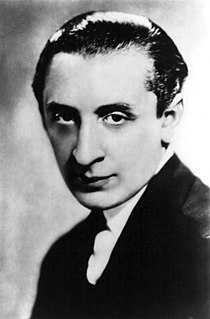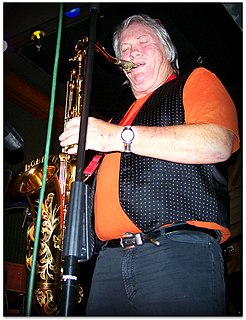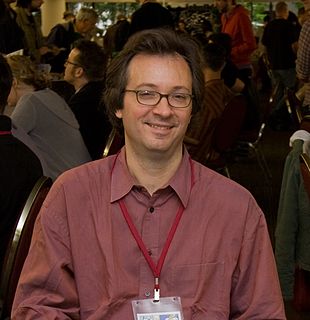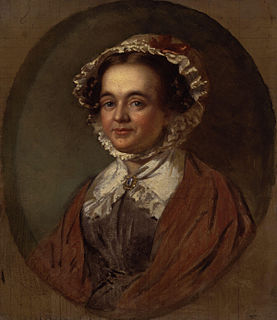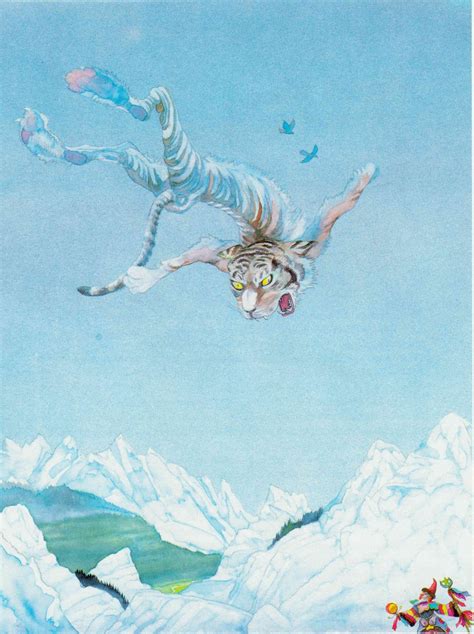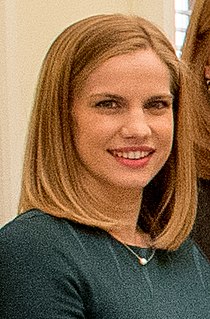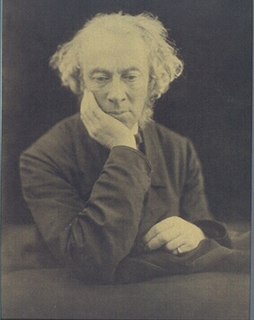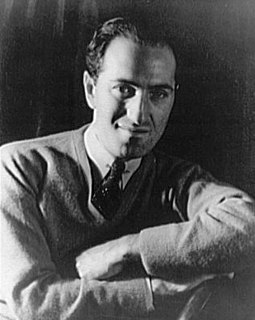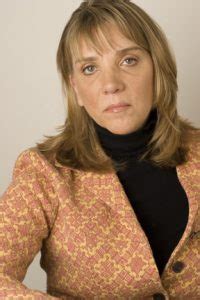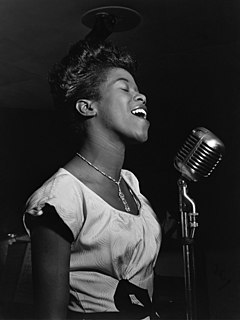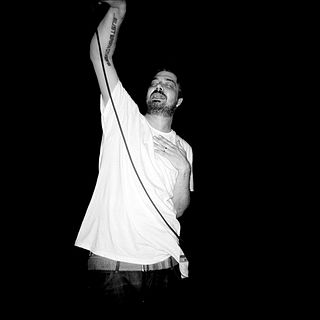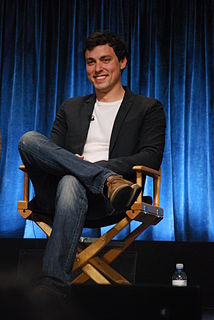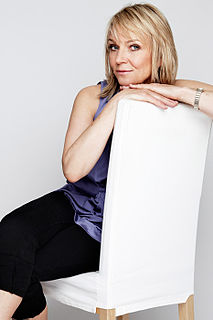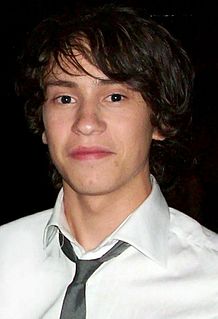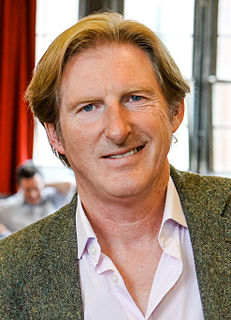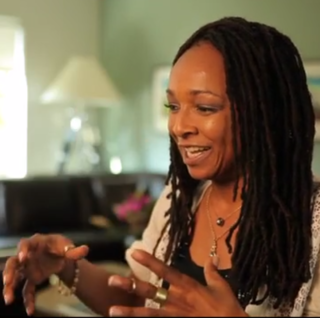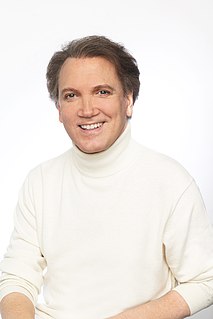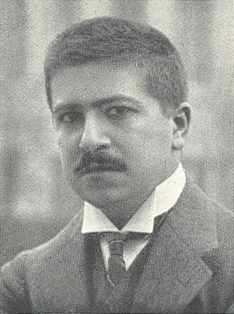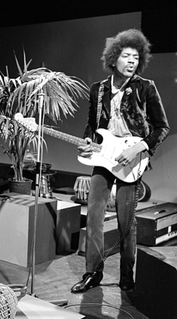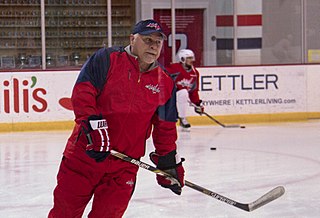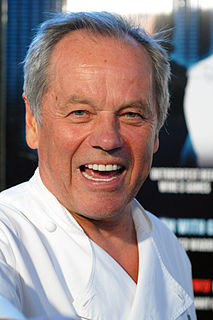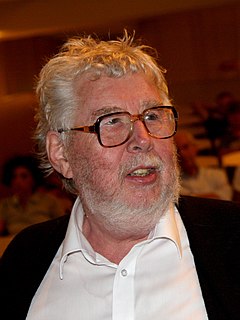Top 1200 Writing Notes Quotes & Sayings - Page 2
Explore popular Writing Notes quotes.
Last updated on December 4, 2024.
Writing objects to the lie that life is small. Writing is a cell of energy. Writing defines itself. Writing draws its viewer in for longer than an instant. Writing exhibits boldness. Writing restores power to exalt, unnerve, shock, and transform us. Writing does not imitate life, it anticipates life.
Buonaparte is certainly writing, or rather dictating, his memoirs. He walks backwards and forwards with his hands behind him, and dictates so fast that two or three of his suite are obliged to be in attendance, that the one may take down one-half of a sentence, and another the rest; they then literally compare notes, and put the disjointed legs and wings and heads of periods together. This is writing a book as he fought a battle.
The real deep text of music and the whole reason that it has continued with the profundity and urgency that it has for over a thousand years, has to do with what the notes say, what the notes witness, different experiences of hope or doubt that people are able to distill and encode and pass on in this way.
What happened was I was a songwriter on Quincy Jones' publishing company, Qwest, for two and a half years before I gave him the song for Michael Jackson. He had a meeting with the songwriters. I think there were about six of us on the West Coast and we all had a meeting at his house where he sort of gave us an outline of what he wanted. To finish this BAD album Jones needed one more song to round out the album. I took notes and then I then took my notes to my writing partner Glen Ballard.
Writing is for stories to be read, books to be published, poems to be recited, plays to be acted, songs to be sung, newspapers to be shared, letters to be mailed, jokes to be told, notes to be passed, recipes to be cooked, messages to be exchanged, memos to be circulated, announcements to be posted, bills to be collected, posters to be displayed and diaries to be concealed. Writing is for ideas, action, reflection, and experience. It is not for having your ignorance exposed, your sensitivity destroyed, or your ability assessed.
When you get up, the night and day is a contradiction. But you get up at 4 A.M. That first blush of blue is where the night and day are trying to find harmony with each other. Harmony is the notes that Mozart didn't give you, but somehow the contradiction of his notes suggest that. All contradictions of his notes suggest the harmony.
I took many notes, more than usual before I sat down and wrote Act One, Scene One. I had perhaps eighty pages of notes. . . . I was so prepared that the script seemed inevitable. It was almost all there. I could almost collate it from my notes. The story line, the rather tenuous plot we have, seemed to work out itself. It was a very helpful way to write, and it wasn't so scary. I wasn't starting with a completely blank page.
I do my best writing between 10 p.m. and 5 a.m.. Almost every friend I have who is a consistently productive writer, does their best writing between 10 p.m. and 8 a.m. My quota is two crappy pages per day. I keep it really low so I'm not so intimidated that I never get started. I will do the gathering of interviews and research throughout the day. I'll get all my notes and materials together and then I'll do the synthesis between 10 p.m. to bed, which is usually 4 or 5 a.m.
People buy pads all the time, because they want to write stuff down. We're never going to get away from paper, ever. People like writing; that's why more people are writing more real thank-you notes now - not just to stand out, but because there's something about pen to paper, about holding something cool in your hands.


